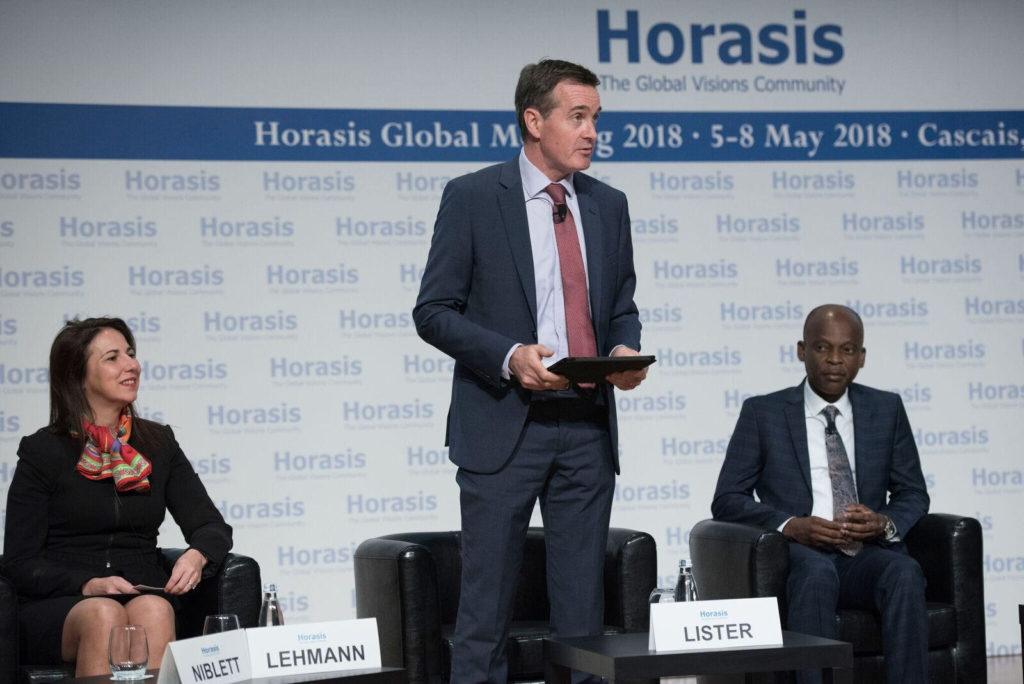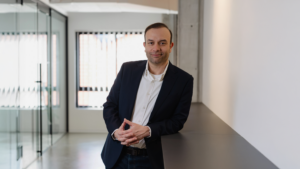The Chilean Supreme court ordered ex-Chilean leader Augusto Pinochet’s family to give back part of the fortune that he had hidden in the Caribbean, reported Perfil.
The family will have to return to the state US$1.6 million of the US$13 million which was discovered by a US money-laundering investigation called the Riggs case 14 years ago. Last year a Court of Appeals had ordered the restitution of US$6 million of the late general’s money to the family, which had been decommissioned by the investigation in 2004. According to El Ondacero, Pinochet had owned at least 127 secret accounts with the Riggs bank since 1994, adding up to around US$27 million.
The BBC reported that the Supreme court’s ruling established that the inheritors would lose the money “not because they were authors of the crime of embezzlement of public funds, but because the money comes from this [action].”
The Tribunal also condemned three retired military men to four years of prison for the crime of embezzlement, with the possibility of conditional freedom, reported El Ondacero.
This is another nail in the coffin for Pinochet’s reputation, reported Perfil. The ex-general ruled the country from 1973 to 1990 with an iron fist, and after he left office hundreds of former military officials who served under him have been found guilty of human rights abuses.
However, he was still credited for implementing radical free-market economic reforms that some credit for Chile’s current standing as the richest country in Latin America.
“He was a man that had a profound love for his country. He was an authoritarian — a leader,” Chilean political figure Fernando Alessandri told NPR upon Pinochet’s death in 2006.
Despite many still holding on to the belief that Pinochet was a good man in the years following his presidency, the Riggs case was the one that truly stamped out feelings of goodwill toward the ex-leader.
“Pinochet has lost much of his appeal, even among right-wingers in Chile,” Patricio Navia, political scientist and professor at New York University told Bloomberg. For many Chileans, she added, his reputation “can’t fall any lower.”







